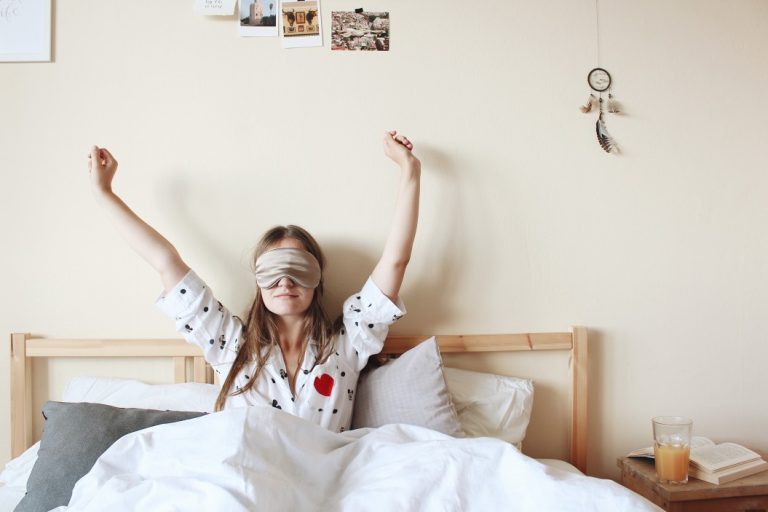
There are a number of reasons why ensuring you get enough sleep is important. Sleep is essential for overall health and well-being and can help to improve moods, decrease stress levels, improve cognitive function, and boost energy levels. It’s also been shown to help to prevent chronic diseases, such as obesity and diabetes, and can even help to improve mental performance. It’s a key bodily function you can’t do without.
In what ways does sleep impact our health?
There are a number of ways sleep can impact our health:
The amount and quality of sleep we get each night helps to regulate many bodily processes, such as balancing hormones and lowering blood pressure.
Sleep also plays an important role in how the body recovers from illness or injury and is crucial for tissue repair and growth.
When we don’t get the right amount of sleep, we also don’t function at our best. Being tired can affect moods and cause irritability and this, in turn, can impact relationships with friends and family, performance at work or school, and even put us more at risk for health problems.
What are some common misconceptions about sleep?
There are a number of common misconceptions about sleep:
Many people think they can catch up on missed sleep during the weekend, but this isn’t a healthy way to live. If you’re lacking sleep one night, it’s important to get back into your usual sleeping pattern as soon as possible.
Research shows that irregular or disrupted sleep patterns can have a negative impact on performance, moods, and overall health.
Many people think they can train themselves to need less sleep as they get older, but this isn’t the case. It’s important that sleep needs stay consistent throughout your life.
Many parents think that a child who is described as a ‘poor sleeper’ will eventually grow out of it. In fact, if a child isn’t sleeping well as an infant or toddler, this can have long-term impacts on health and the ability to function at their best.
What are some of the effects of getting too little sleep?
Getting too little sleep has many impacts on our health. For example:
Getting less than seven hours of sleep a night has been shown to impair brain function as well as moods and memory. Research also shows that people who don’t get enough sleep are at an increased risk for obesity, heart disease, diabetes, and mental health problems such as depression and anxiety.
Other negative effects of not getting enough sleep include increased risk of accidents and injuries; decreased performance at school, work, or sports; and even shorter life expectancy.
What are some ways we can make sure we're getting enough sleep?
There are many things people can do to help them ensure they get enough sleep and work on building healthy sleep habits:
Go to bed and wake up at about the same times each day (including weekends). This helps to keep your body’s internal clock running smoothly.
Avoid bright lights and blue light (such as that from computers, tablets, or cell phones) before bedtime. Bright lights can make you more alert, making it harder to go to sleep when you want to.
Make sure your sleeping environment is comfortable. For example, if it’s too hot or cold, you might not get a restful sleep.
Avoid eating large meals before bedtime. Studies show that if your stomach is full, it can be harder to go to sleep.
Make sure you’re getting regular physical activity during the day to help you feel tired at bedtime. However, don’t exercise within three hours of bedtime. It can help you to fall asleep but it will make it harder to stay asleep during the night.
Speak with your doctor if you are always feeling tired and not well-rested when you wake in the morning. They’ll be able to help you understand what might be causing it and how to fix it which may mean a referral to a sleep professional for specialist help. You can also contact one of our friendly team to discuss sleep-related issues on 1800 717 566




